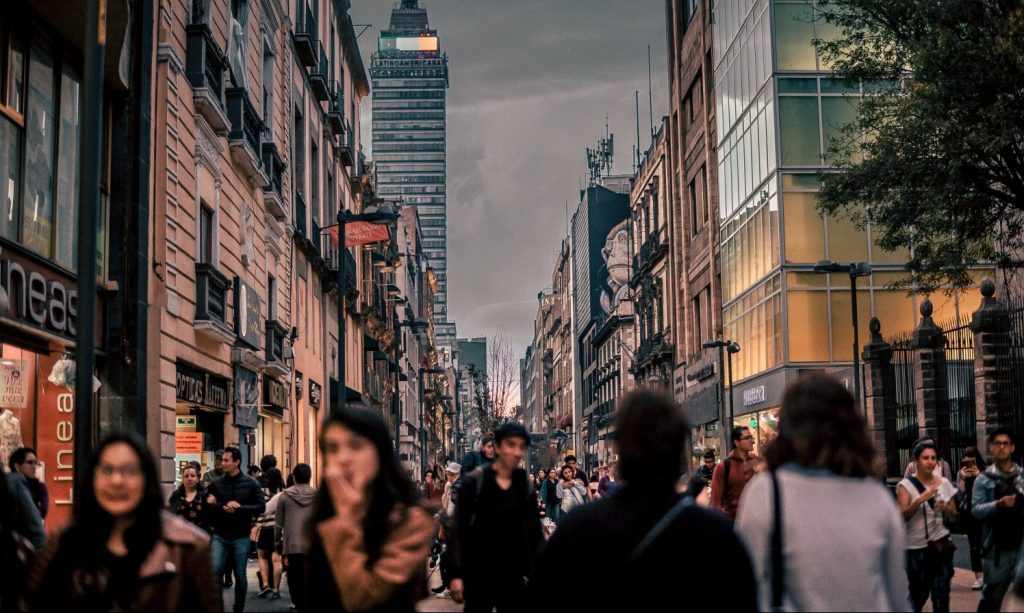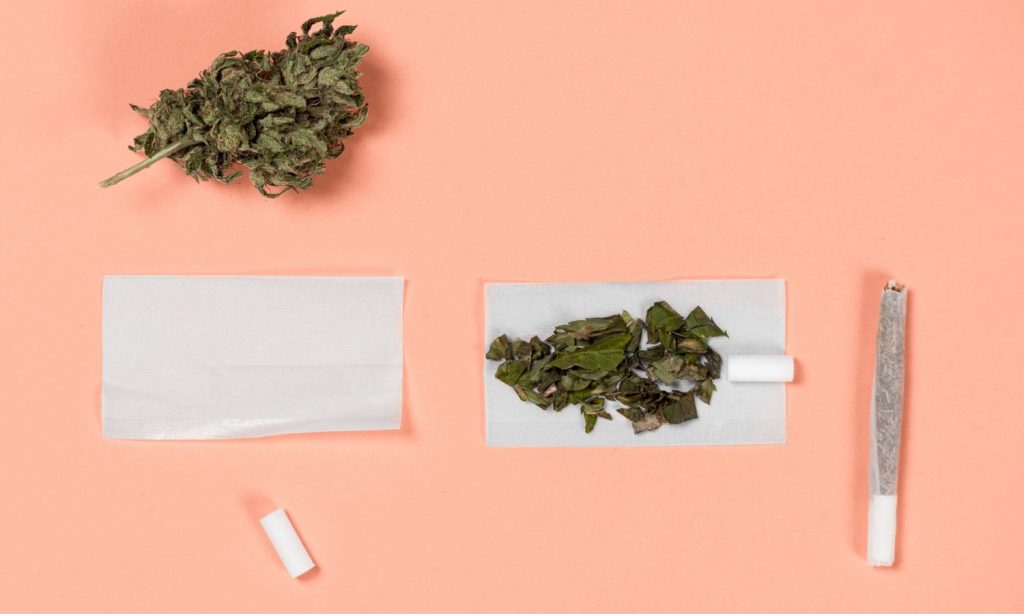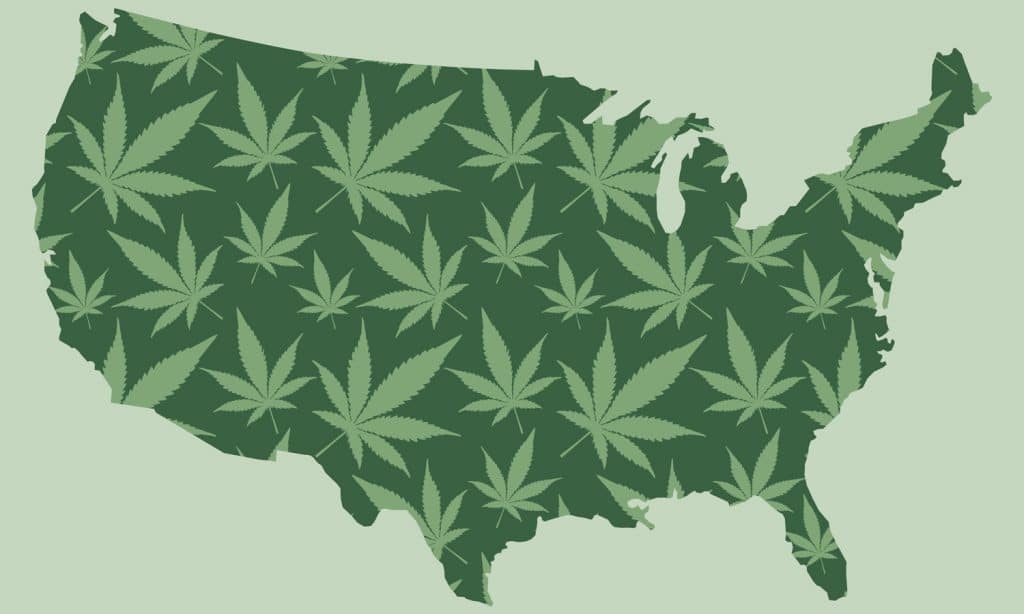It’s official: Minnesota has legal medical cannabis flower! Governor Tim Walz just signed legislation into law that allows medical patients to access flower instead of just extracts or non-smokables.
Previously, Minnesota was only one of a few medically legal states that still did not allow patients to access flower medicine.
Now, patients who are 21 and over with a valid med card can also access flower. The bill was approved earlier this month as part of a broader omnibus bill through a bicameral legislative conference committee. The bill was related to healthcare in general and was approved by both the Minnesota House and Senate.
Additionally, the bill allows for curbside pickup and increases the number of patients per caregiver from one to six. The commissioner is also now allowed to remove existing, qualifying conditions from the no-prescribe list if they receive a petition to do so, meaning those who currently don’t have their condition covered may soon have a way to access cannabis as medicine.
In the House, the bill passed 77 to 57, a close margin. The Senate passed it much more clearly with a 66 to 1 vote on the last day of the 2021 legislative session. However, the stand-alone piece of legislation that would have legalized adult-use cannabis and set up a retail system passed the House, but did not receive consideration in the Senate.






